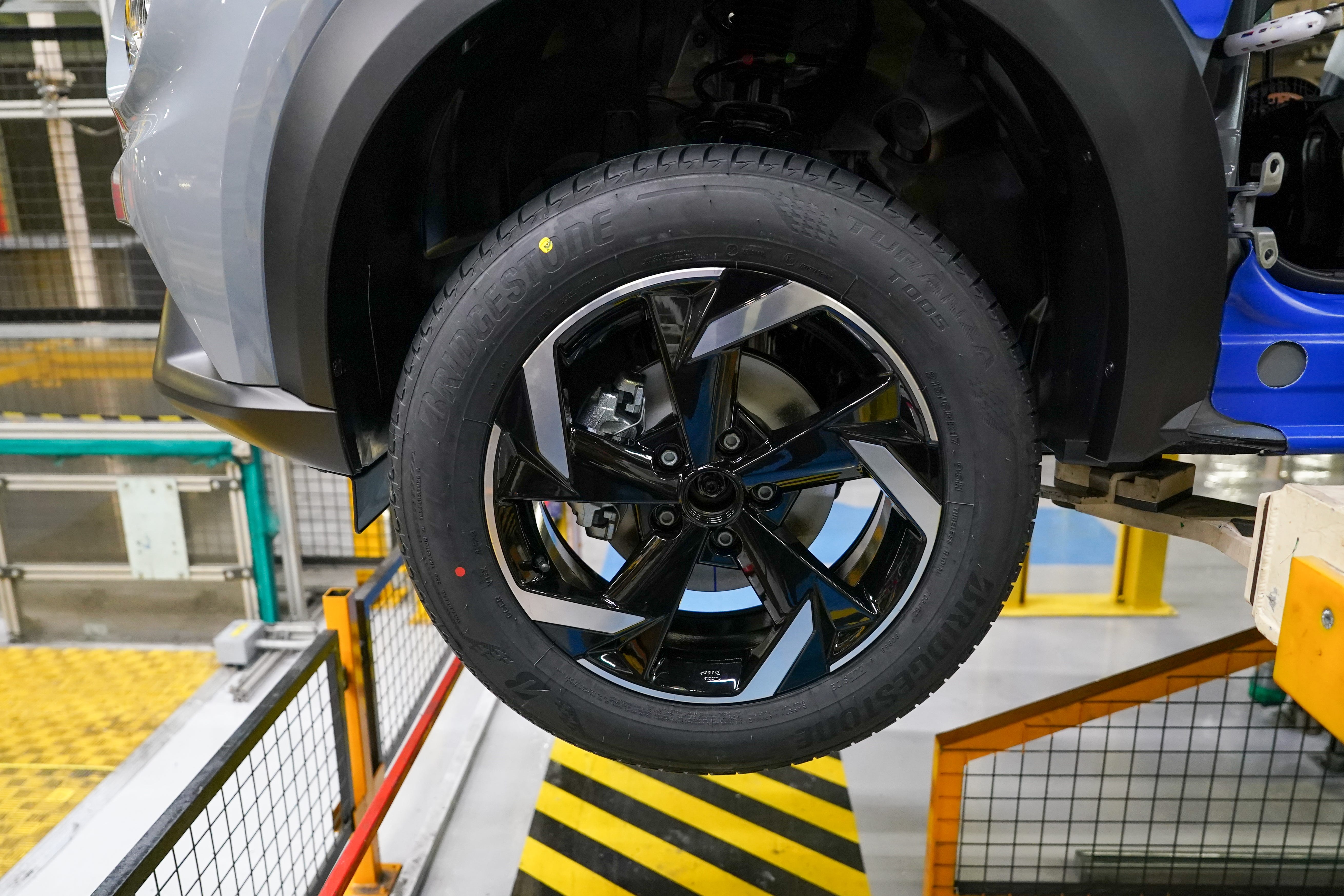Car production down by more than 14% in July, says SMMT
Companies were gearing up for new models last month and temporary supply chain constraints restricted output.

Your support helps us to tell the story
From reproductive rights to climate change to Big Tech, The Independent is on the ground when the story is developing. Whether it's investigating the financials of Elon Musk's pro-Trump PAC or producing our latest documentary, 'The A Word', which shines a light on the American women fighting for reproductive rights, we know how important it is to parse out the facts from the messaging.
At such a critical moment in US history, we need reporters on the ground. Your donation allows us to keep sending journalists to speak to both sides of the story.
The Independent is trusted by Americans across the entire political spectrum. And unlike many other quality news outlets, we choose not to lock Americans out of our reporting and analysis with paywalls. We believe quality journalism should be available to everyone, paid for by those who can afford it.
Your support makes all the difference.Car production fell by more than 14% last month compared with a year ago, figures show.
The Society of Motor Manufacturers and Traders (SMMT) said the reduction came as car companies were gearing up for new models and temporary supply chain constraints restricted output.
A total of 65,478 vehicles were made in July, with four in five cars produced destined for customers overseas.
As the billions already committed to new models start to deliver a return, volume growth will resume, providing we seize every opportunity to enhance our global competitiveness
The largest markets by volume were the EU (51.3% of exports), the US (17.6%), China (8.6%), Turkey (5.5%) and Japan (3.1%).
SMMT chief executive Mike Hawes said: “Following significant growth last year, some readjustment in output was to be expected.
“Indeed, an ongoing degree of volatility is likely as the industry restructures to transition to zero emission vehicle production.
“As the billions already committed to new models start to deliver a return, volume growth will resume, providing we seize every opportunity to enhance our global competitiveness.
“We need investment in skills, healthy markets, cheaper green energy, and fair trade deals that help British-built vehicles reach international customers more easily, all of which should be wrapped in an overarching industrial strategy that ensures automotive continues to be a key driver of economic growth.”